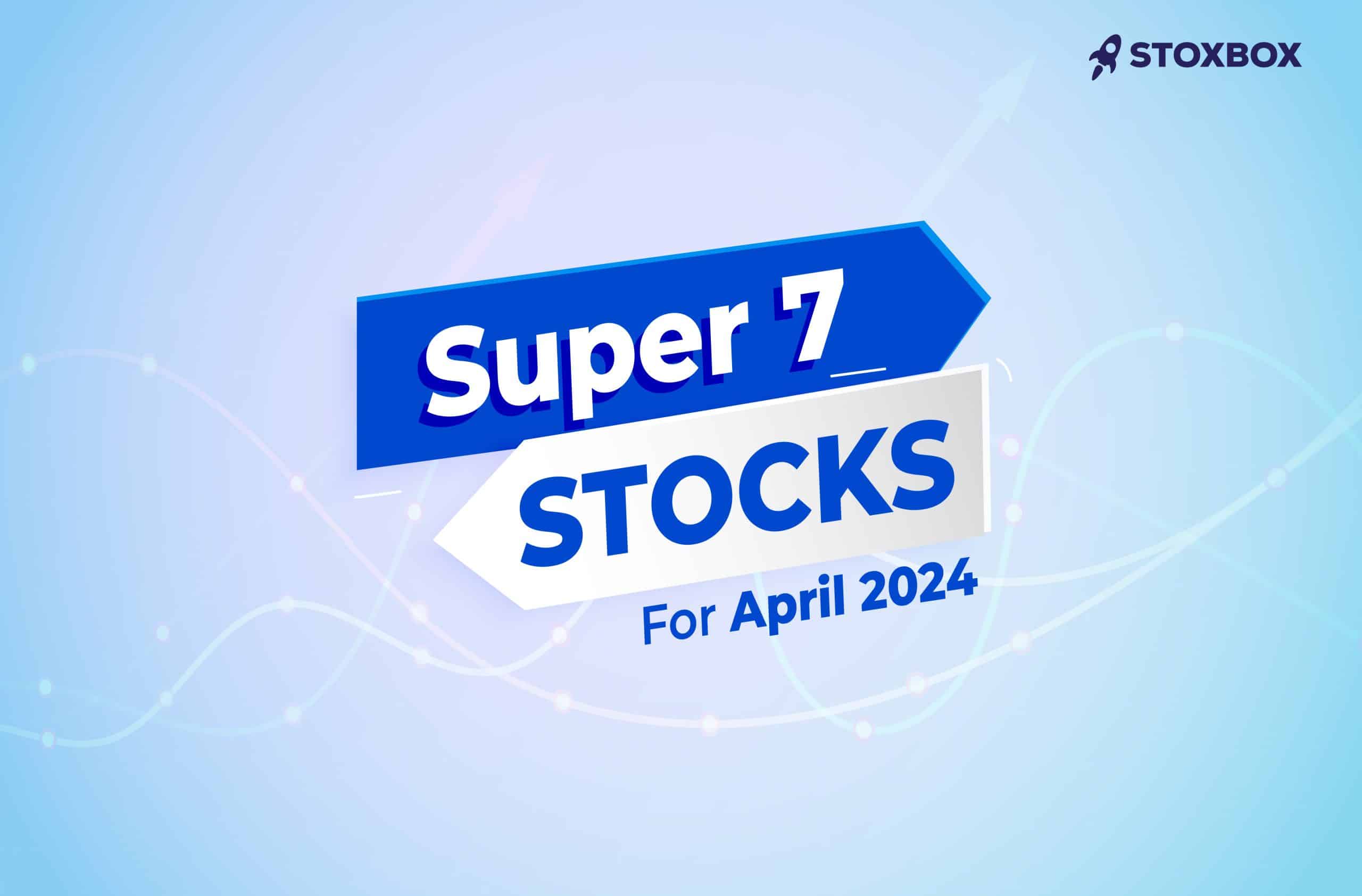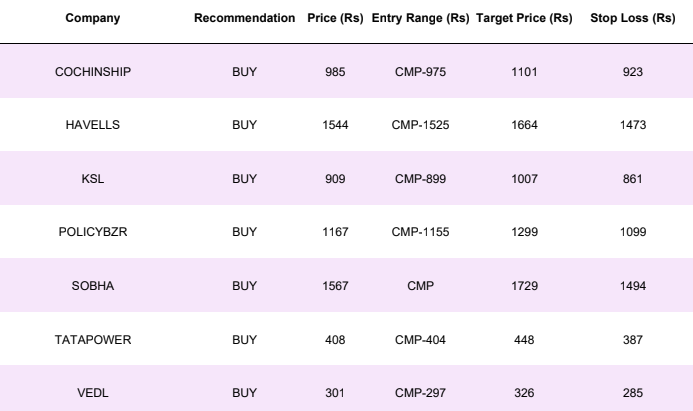Healthy order book driving growth prospects of the company
Cochin Shipyard Ltd., a major shipbuilding company, has orders worth Rs. 21,500 crores to build ships, with most of these orders coming from the defence sector. Additionally, they have repair work orders totaling Rs. 800 crores, mainly involving projects for the Defence Ministry, expected to be finished by the financial year 2025. This means the company has a lot of work lined up, which should keep their earnings strong and help them maintain their profit margins in the coming years. Essentially, Cochin Shipyard is in a good position for continued growth, thanks to a steady stream of orders for both building and repairing ships, especially from government and defence contracts.
Capacity expansion nearing the completion stage
Cochin Shipyard is spending Rs. 1,790 crores to make their Dry Dock bigger and Rs. 970 crores on a new International Ship Repair Facility, all set to be ready by mid-2024. This upgrade will basically double the shipyard’s ability to work, meaning they can build and fix bigger ships like LNG carriers and modern aircraft carriers. Looking ahead, we’re expecting the company’s earnings to grow strongly and keep a good profit margin. This optimism is because of their broad range of services, including both fixing ships and building them, which should help the company make more money in the long run.
Havells India Ltd.
Favourable base and seasonal factors to drive growth in summer products
Unexpected rain and low stock levels last summer (CY23) have created a good starting point for selling summer products like air conditioners, refrigerators, coolers, and fans in CY24. Havells India, known for its wide range of products and push towards selling more expensive, high-quality items, is in a great spot to make the most of this expected increase in sales. More people are moving from buying cheaper, less-known brands to well-known, organised brands, especially for premium products, and this works in Havells’ favour. This shift is likely to boost Havells’ sales and profits soon.
Beneficial impact of commodity deflation leading to margin expansion
Falling prices for big commodities like aluminium, copper, and steel, along with stable costs for other materials, are good news for companies like Havells India. This situation means they can save money on making their products. Havells can use these savings to spend more on marketing and making their brand stronger, which helps them stand out in the market. This strategy can lead to more sales and higher profits. Additionally, with overall inflation going down, people are feeling better about spending money, which could mean they’re more likely to buy what Havells is selling. This overall trend of lower material costs and happier consumers is a big plus for Havells’ business looking forward.
Kalyani Steels Ltd.
Focusing on growth through strategic acquisition
Kalyani Steels, currently capable of producing 250,000 tonnes of steel, plans to ramp up its production to a million tonnes by the financial year 2028. They’re boosting their growth by acquiring Kamineni Steel and Power through an online auction, a smart move that shows they’re serious about growing bigger in the steel industry. On top of that, they’ve made a deal with the Odisha government to build a new manufacturing facility, investing Rs. 11,750 crores. This new site in Odisha will focus on creating titanium metal and aerospace parts, as well as specialising in high-quality steel and car parts. This expansion is a big step for Kalyani Steels as it aims to strengthen its role in the market and widen its product range.
Effective procurement strategies for raw materials benefits input cost
Kalyani Steels buys its main materials like coke, iron ore, and ferro alloys from both inside India and other countries. Interestingly, they choose not to make long-term buying agreements with their suppliers. This strategy gives them the flexibility to change their buying plans as needed, which is pretty smart considering how often prices can go up and down. Even though the cost of imported coal and coke has been changing a lot, affecting their profits, Kalyani Steels has managed well by having a variety of places to buy from. They’ve also been good at dealing with these cost changes by adjusting their selling prices quickly, so they don’t lose money. This approach helps them keep a stable business even when material costs fluctuate.
PB Fintech Ltd.
Insurance industry tailwinds and digitization to drive growth
The insurance sector is expected to grow by 13-16% in the next five years, and PB Fintech, a digital platform, is set to grow even faster. In the third quarter of the financial year 2024, the company’s revenue from annual renewals jumped to Rs. 454 crores from Rs. 317 crores the same quarter last year. PB Fintech also saw a 44% increase in new insurance premiums for health and term life insurance during this period. These areas, focusing on health and life insurance rather than car insurance, promise more profit in the coming years because they offer long-term benefits. This shows that PB Fintech is doing really well, especially in parts of the insurance market that could bring in more money over time.
Diversified product offering mitigates concentration risk
PB Fintech is doing well because it sells many different types of products. This strategy helps them not to be too affected if one area of the insurance industry faces problems. For example, while companies that sell life insurance are having a tough time growing their value from non-participating policies this year, PB Fintech can make up for it by selling Unit-Linked Insurance Plans (ULIPs) and health insurance. Having a variety of products means that issues with one type of insurance won’t hurt the company’s overall business too much. PB Fintech is also leading in the market because it operates very efficiently and has a wide reach across India, covering more than 90% of the area with services available in 17,100 postal codes. This broad coverage helps them attract more customers from different parts of the country.
Sobha Ltd.
Strong pipeline to aid robust sales momentum
Shobha is in a great spot to increase its sales over the next few years, thanks to having 16.8 million square feet of real estate ready for development, especially in areas where the market is doing well. They are also planning to add another 20 million square feet to their development projects, with 8-10 million of that coming from a big piece of land they own in Hoskote. This smart planning means Shobha doesn’t have to worry too much about finding new land to build on. Given this strong setup for future projects, it’s expected that Shobha’s sales bookings will grow by 20% annually in the next few years. This growth is good news for the company and shows they’re set up well for future success.
Premium projects leading to improved realisation and strong growth
Shobha has been making more money from its properties because it started selling more expensive, premium projects. This move to more luxury offerings means they’re able to charge higher prices. Also, their new projects are priced higher than the older ones they replace. This strategy has led to strong early sales and increased earnings per sale, showing that the Shobha brand is doing well and holds a strong place in the market. These good early sales numbers are important because they bring in more cash for the company. This extra money helps Shobha keep growing by investing in new projects and other areas of the business. In simple terms, by focusing on more expensive properties, Shobha is earning more and strengthening its business for the future.
Tata Power Company Ltd.
Rooftop solar segment to witness robust growth
The Indian Government recently launched a plan called PM Surya Ghar Muft Bijli Yojana, aiming to install solar power setups on the roofs of about 1 crore houses. Because of this initiative, we’re expecting a big increase in the demand for rooftop solar systems, likely adding 30 to 40 gigawatts of solar power in the next 2-3 years. This boost is great news for companies in the solar power business, as it means more sales and profits. With the renewable energy sector growing fast and companies setting ambitious goals for earning more from green energy, those involved in providing rooftop solar solutions stand to gain significantly in the near future. This government scheme not only helps the environment but also opens up a lot of business opportunities in the green energy space.
Strong financials and robust order book key drivers for growth
In the third quarter of the financial year 2024, the company did really well, showing a big increase in profits mainly from its main activities, unlike before when it used to make a lot of money from side businesses like coal. They have several renewable energy projects coming up, which should help increase their earnings and profit margins. Next quarter, they’re expected to reach a milestone of 10,000 MW in renewable energy, making up half of their total energy production. This strong performance, along with the hopeful success of their new investments, suggests the company is on track for long-term benefits. Basically, they’re making more money from what they’re best at and are set to grow even more with their focus on renewable energy.
Vedanta Ltd.
Aluminium division to be the next growth driver
Vedanta Ltd. is making big changes to its aluminium business to cut costs. They are expanding their aluminium smelter capacity at Balco by 414-kilo tonnes per year and are working on making more of their materials themselves, including expanding their refinery and focusing on products that add more value. They’re spending money on this expansion to increase their alumina refinery output to 5 million tonnes per year from the current 2 million tonnes, doing this bit by bit over the next few quarters. Vedanta is also planning to open their own coal and bauxite mines to get these materials directly, aiming for 34 million tonnes per year of coal and 6 million tonnes of bauxite. Right now, they get 40% of their alumina and 14-15% of their coal on their own, but after this expansion, they’ll get all their coal and 65% of their alumina themselves, which should make each tonne of aluminium cheaper to produce.
Steel asset sale and expansion strategy in the ferrous segment
The company is planning to sell some of its assets soon to pay off debts, with the sale expected to happen in the next few months. They’re also looking at iron ore mining as a new area to grow their business. In the field of ferro-alloys, they have big plans to increase their production from 67 thousand tonnes a year to 500 thousand tonnes in the next four years, aiming to become the top Ferrochrome producer in India by 2027. They’re also starting to make ferro-chrome as part of their plan to get into the stainless-steel market. To avoid the risk of changing prices in pig iron, they’re expanding into making DI (Ductile Iron) Pipes. This diversification is a strategy to make the company stronger by not relying on just one type of product.
You might also Like.
Union Budget 2025-26 Impact on Sectors
Edit Announcement Impact Companies Enhancing the credit guarantee cover for...




